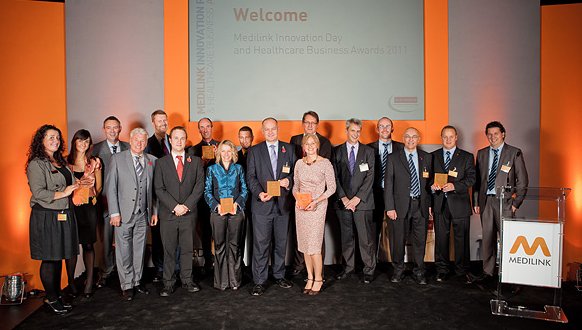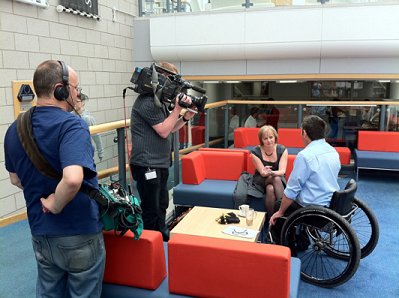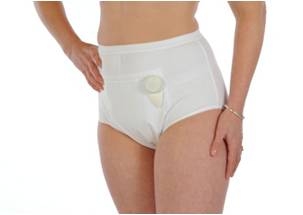D4D funding for the future of healthcare
£30,000 of funding has been awarded to two teams of innovative healthcare professionals in a proof of concept competition designed to drive the development of life changing products.
In August, Devices for Dignity (D4D) – the organisation that delivers technology solutions to support people with long-term conditions preserving their dignity and independence, identified unmet clinical needs in two major areas of healthcare and ran a competition inviting anybody in the sector to apply for funding and support to turn innovative ideas into commercial realities.
The winning teams led by Mr Gareth Adkins & Dr Nicholas Fardon, will be awarded £15,000 each to advance the developments of a specific product in their specialist area of healthcare.
In the Assistive Technology category, consultant clinical scientist Gareth Adkins was selected as the winner. Gareth works as the Head of Rehabilitation Engineering at Morriston Hospital in Swansea and his team was awarded the funding to develop an Electromyography (EMG) stand alone switch to improve user experience, accessibility and independence.
An EMG or muscle action switch enables severely disabled users to independently control their environment or access communication with tiny muscle actions, sometimes their only reliable movement. Usually these switches require powerful computers but this project intends to create a switch that can work independently of other equipment.
Gareth said: “We are delighted. The unique group we have brought together includes medical electronics specialists, rehabilitation engineers and designers from the National Centre for Product Design and Development Research (PDR) Medical Applications Group at Cardiff Metropolitan University.
“The group were keen to enter the competition as we saw it as a great opportunity to use a multi-disciplinary approach for the design and development of a device that would improve the lives of disabled individuals.”
In the Renal Technologies category funding was awarded to Consultant Nephrologist, Dr Nicholas Fardon and Dr Prashant Verma alongside teams from Sheffield Teaching Hospitals NHS Foundation Trust. They will work on the development of a simple battery powered ultrasound scanner optimised for viewing fistulae (expanded veins used for wide bore kidney dialysis needles).
Two solutions were offered, the first to modify a scanner that is currently used in the veterinary field; the second is to evaluate the use of transillumination. The team will work with the Sheffield Kidney Institute to compare the two potential solutions.
The technology that shows the greatest promise will be modified as required and trialled by specialist dialysis nurses. Feedback from the trials will be used to finalise the design of the prototype device. With proof of concept, it is hoped that an industrial partner will be found to commercialise the real-time fistula localisation device.
The winners will have the opportunity to work with D4D and gain access to the D4D national expert networks, resources and specialist clinicians throughout the process.




